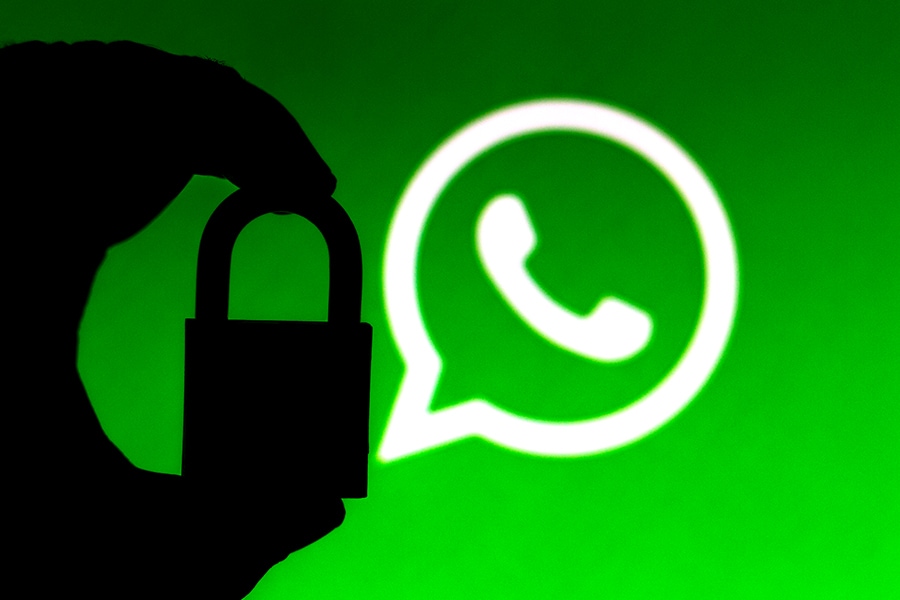
WhatsApp Privacy Case: 'If it is a voluntary app, what is the issue?' asks Delhi HC
The government of India also questioned WhatsApp over its preferential treatment to European users where the updates to its privacy policy will not be implemented; WhatsApp is supposed to send its response to the Indian government by January 25

Two questions reigned supreme in the second hearing against WhatsApp’s updated privacy policy—do the changes to the policy matter if the app is voluntary? And can the court direct the government to make laws?
The single-judge bench of Justice Sanjeev Sachdeva was hearing a petition filed by Chaitanya Rohilla, an advocate, against WhatsApp’s updates to its privacy policy which were announced on January 4 and have since been deferred until May 15. Rohilla wants the court to prohibit WhatsApp from sharing any data with any third parties and Facebook for any purpose, and prohibit WhatsApp from implementing its updated privacy policy.
‘Can’t users not use WhatsApp?’ asks Delhi HC
Manohar Lal Rohilla, on behalf of the petitioner Chaitanya Rohilla, highlighted three problems with WhatsApp’s updated privacy policy—sharing data with third party services including Facebook; sharing data with third party service providers and Facebook; and sharing this data with service providers and partners across the world.
Justice Sanjeev Sachdeva reiterated his questions from the previous hearing—how is this a problem if WhatsApp is a voluntary app? “If you don’t want to access WhatsApp services, you can choose not to… It is not something which makes it mandatory for you to download before you want to operate your phone. It is a purely optional application,” he said. He also asked Rohilla what made WhatsApp so special given that most apps have similar terms and conditions where they share users’ data with third parties.








